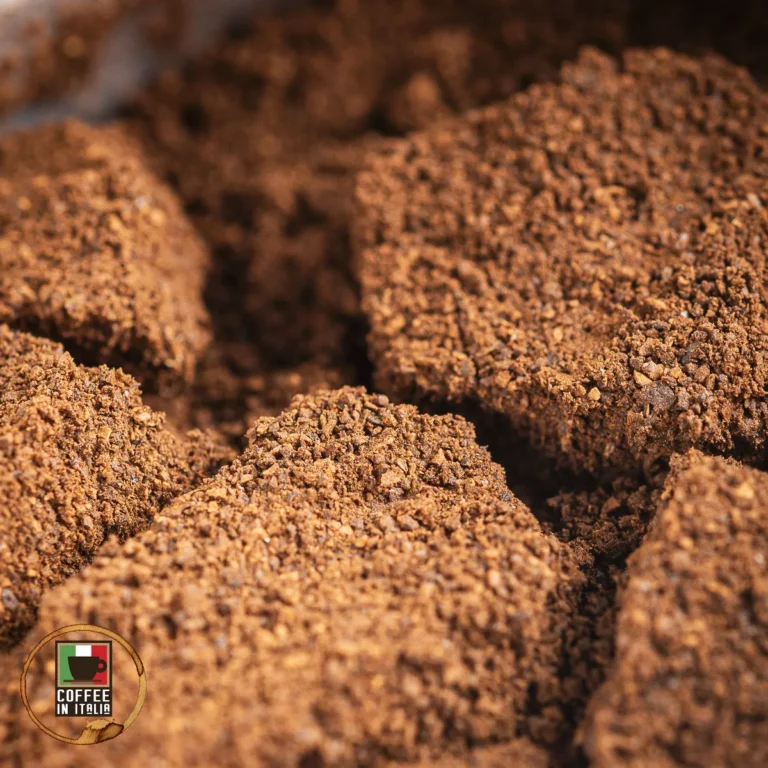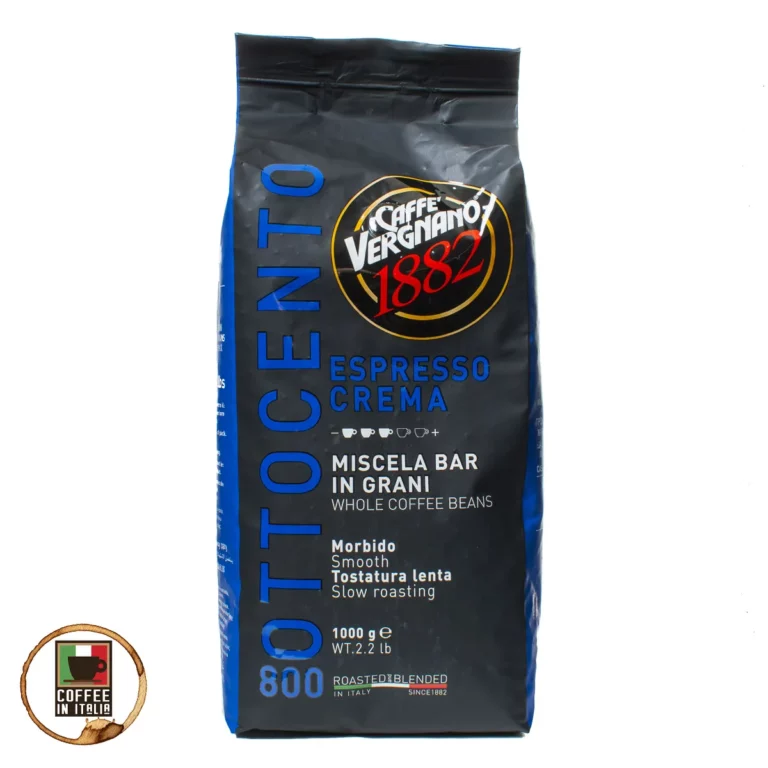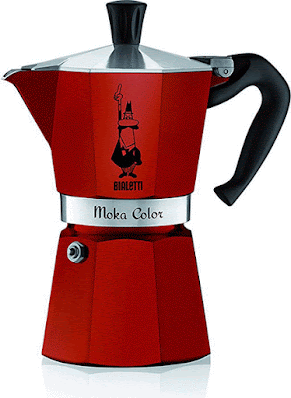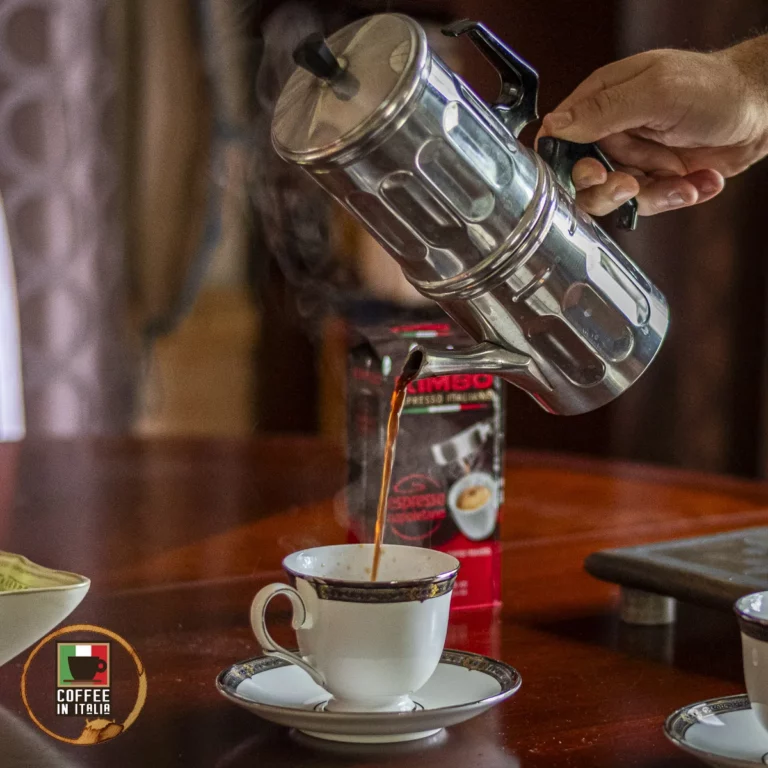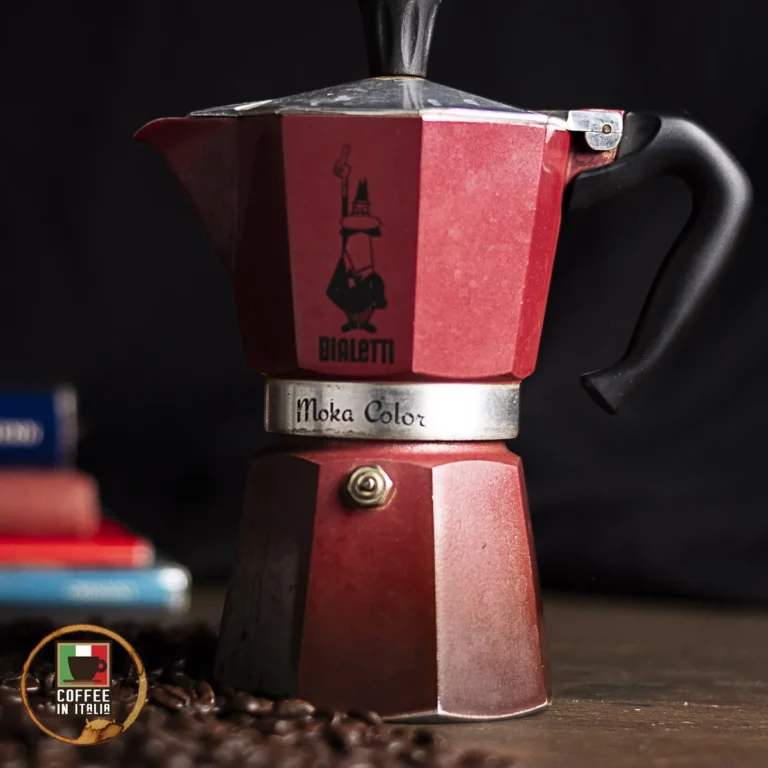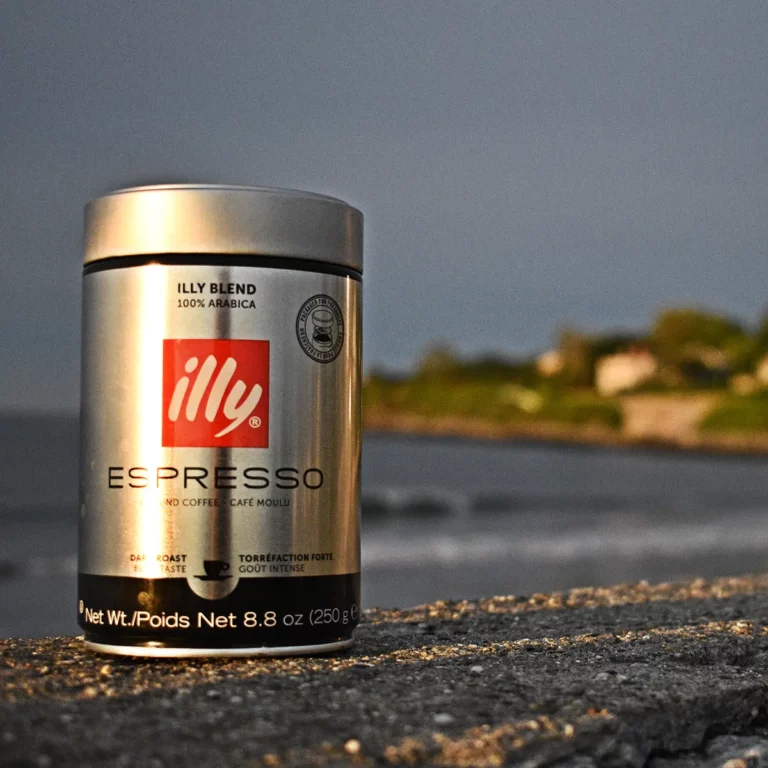Review: Passalacqua Mehari Coffee Is A Neapolitan Favorite
Passalacqua Mehari coffee is a medium dark roast with a flavorful blend with a higher percentage of Arabica beans (55%) and popular in the Naples market.
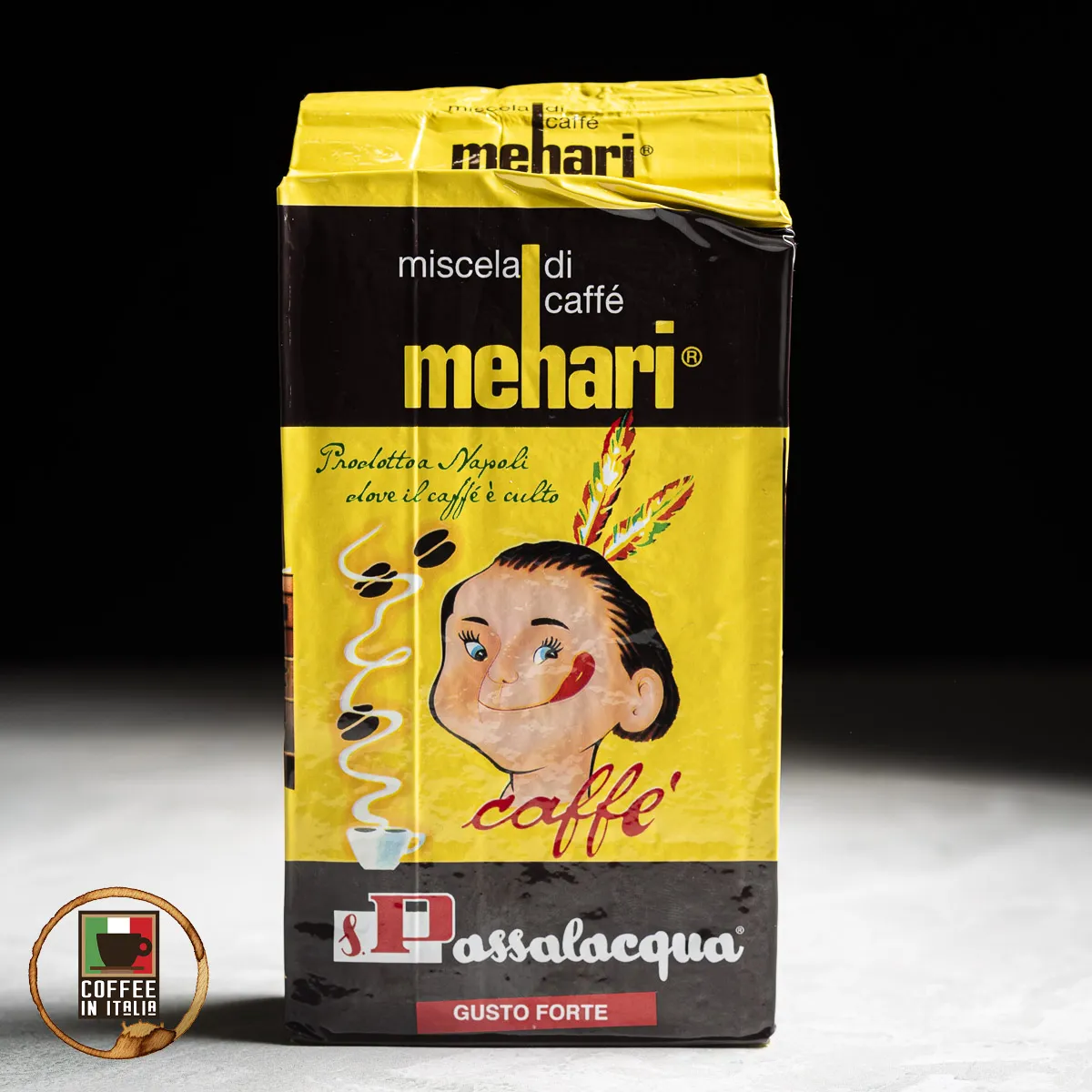
Passalacqua History
It all began in 1948, after the war, with a country under reconstruction and a lot of poverty. To feed the family, grandfather Samuele had resumed his work as a sales representative, while his three sons, Biagio, Yor Armando and Emilio, young and full of enthusiasm, courageously faced the post-war shortage of work.
Then came the opportunity: the purchase of an old machine that roasted 5 kg of coffee every twenty minutes and the start of a new business. Today, coffee that is sourced from 14 different countries around the world reaches the Passalacqua roasting plant, and from there it reaches the whole world.
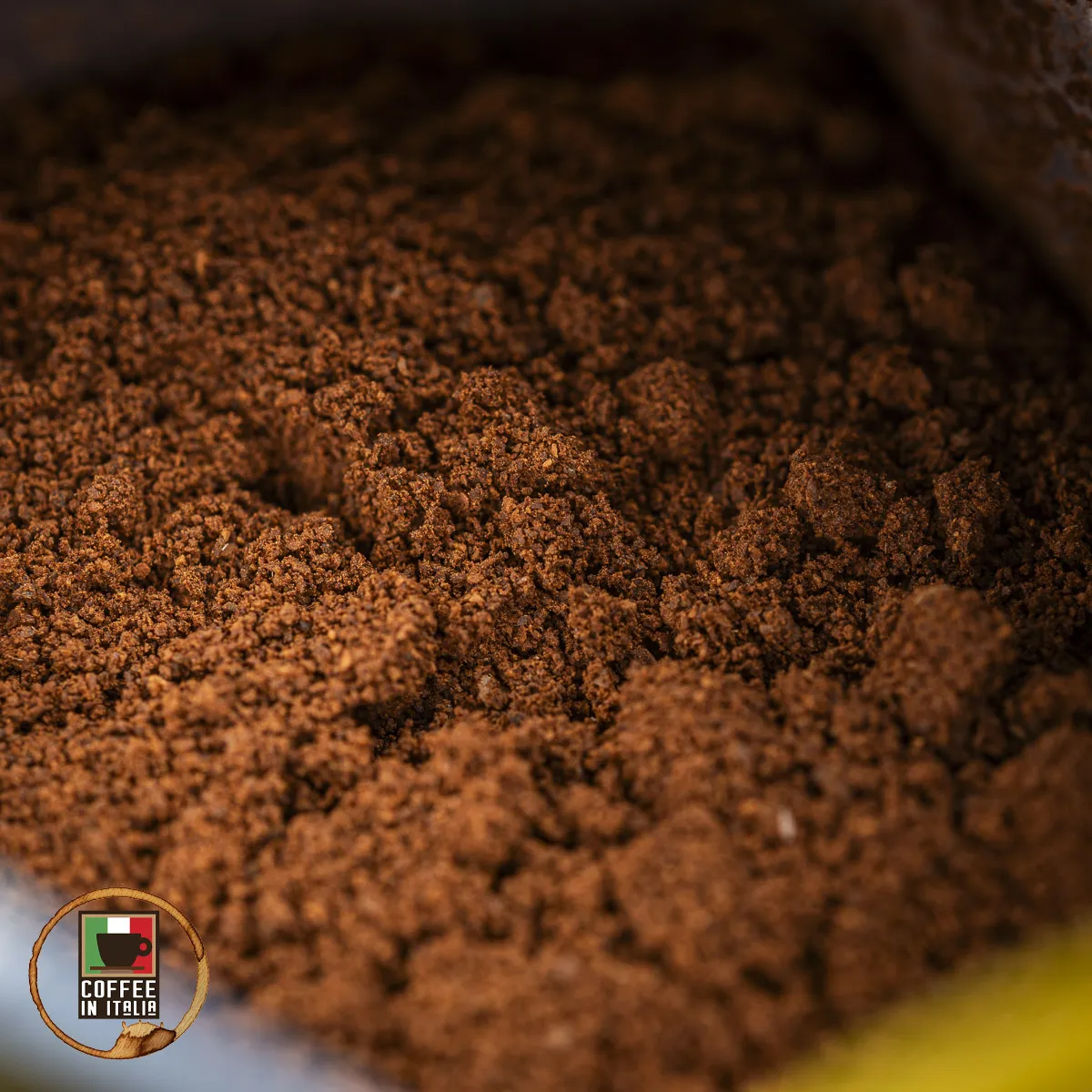
Today, like yesterday, the family business is an exciting place, where you are immediately transported to a dimension of metaphysical beauty in which rigor, loyalty, the community dimension of work and the pursuit of coffee excellence are the fundamental values.
The Indian caricature (more on that later) winks everywhere: it is the symbol of the company founded in 1948 by grandfather Samuele. It was he who, after offering a sip of our coffee to a boy who came to the factory on an errand, wanted to immortalize the traits of pleasure. From this, the brand was born and now is widespread throughout the world.
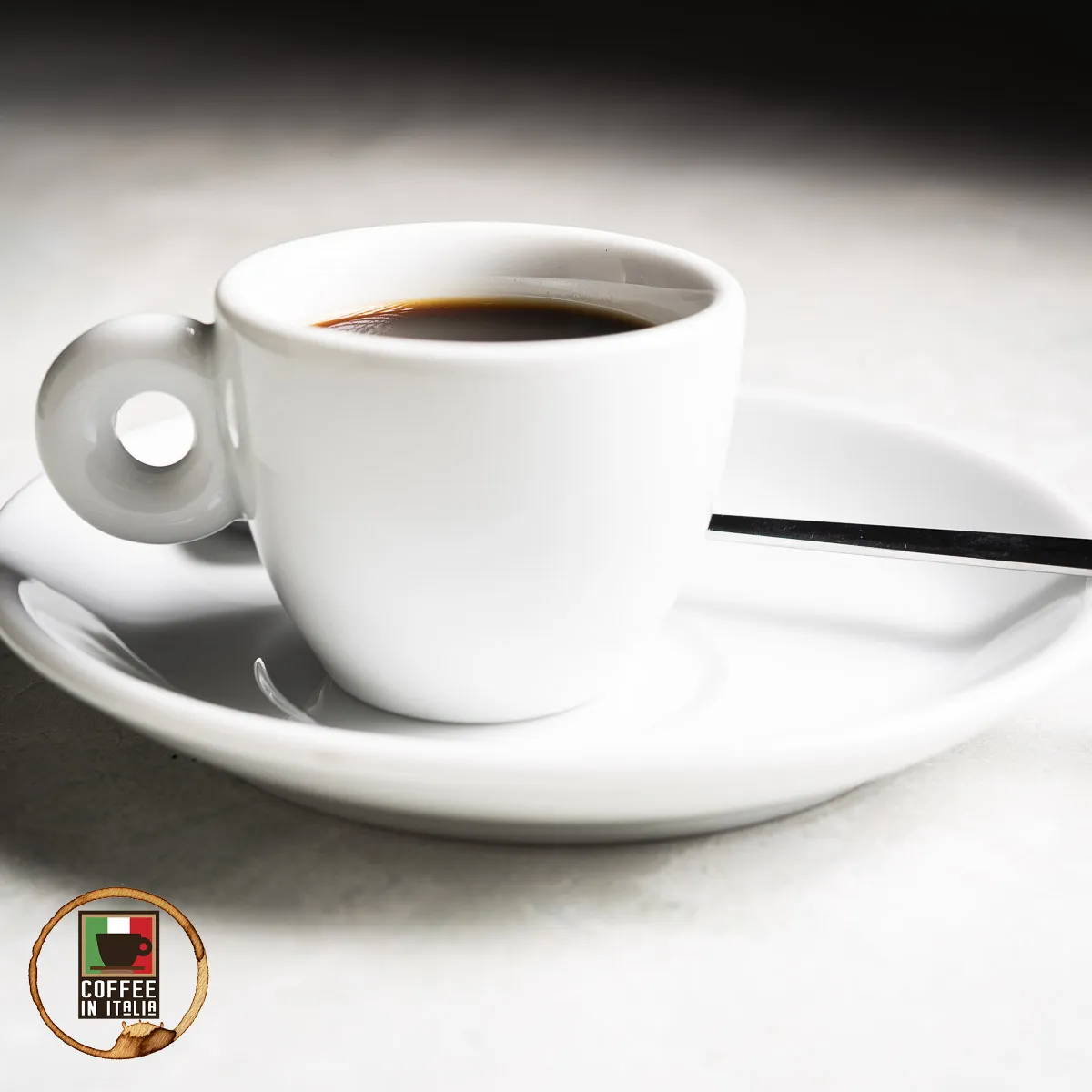
My intention with this review is to give you a sense of the taste, aroma and quality of this coffee. I also want to put it in the context of other Neapolitan favorites, like Kimbo. Unrelated to the coffee, I also wanted to call out some cultural norms and differences that we continue to experience while living in Italy from the US.
Passalacqua Mehari: What Is It?
The Passalacqua Mehari roast is described as medium dark with aromas of: Chocolate, Toasted Bread, Licorice and Black Pepper. The beans are sourced from 4 different origins and contain 55% Arabica and 45% Robusta beans.
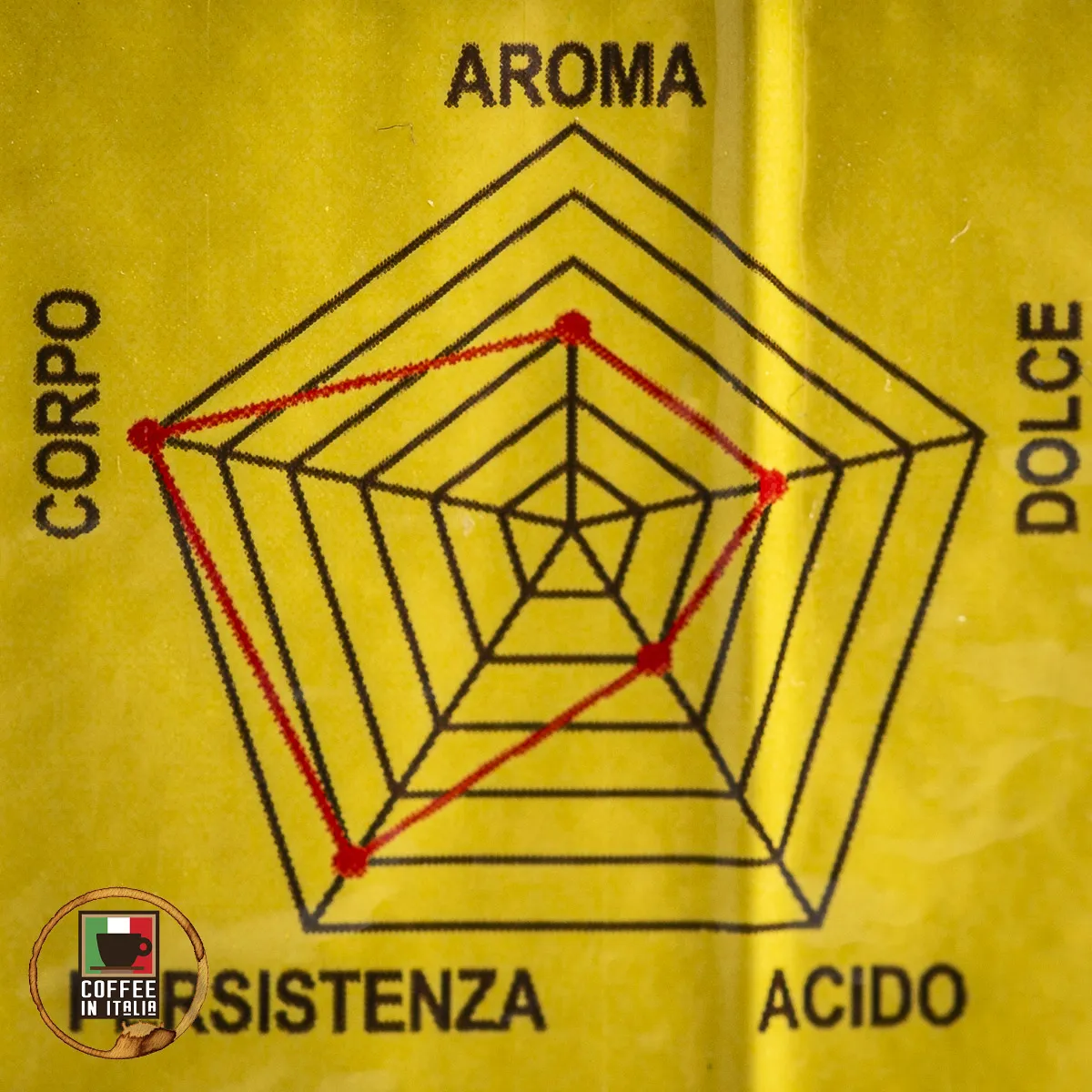
The flavor profile, as described by Passalacqua, breaks down with the following characteristics:
- Body – 6
- Aroma – 3
- Sweet – 3
- Acidity – 2
- Persistence – 5
So, I would describe that profile as: not very sweet, nor acidic, with a great body that lingers on the tongue for a long time.
Tasting Experience: Aroma, Flavor and Body
After tasting this coffee, it probably isn’t a surprise that it originates from southern Italy, and Naples in particular. It has a similar taste to other coffees from that region which speaks to the specific tastes that are loved in the region.
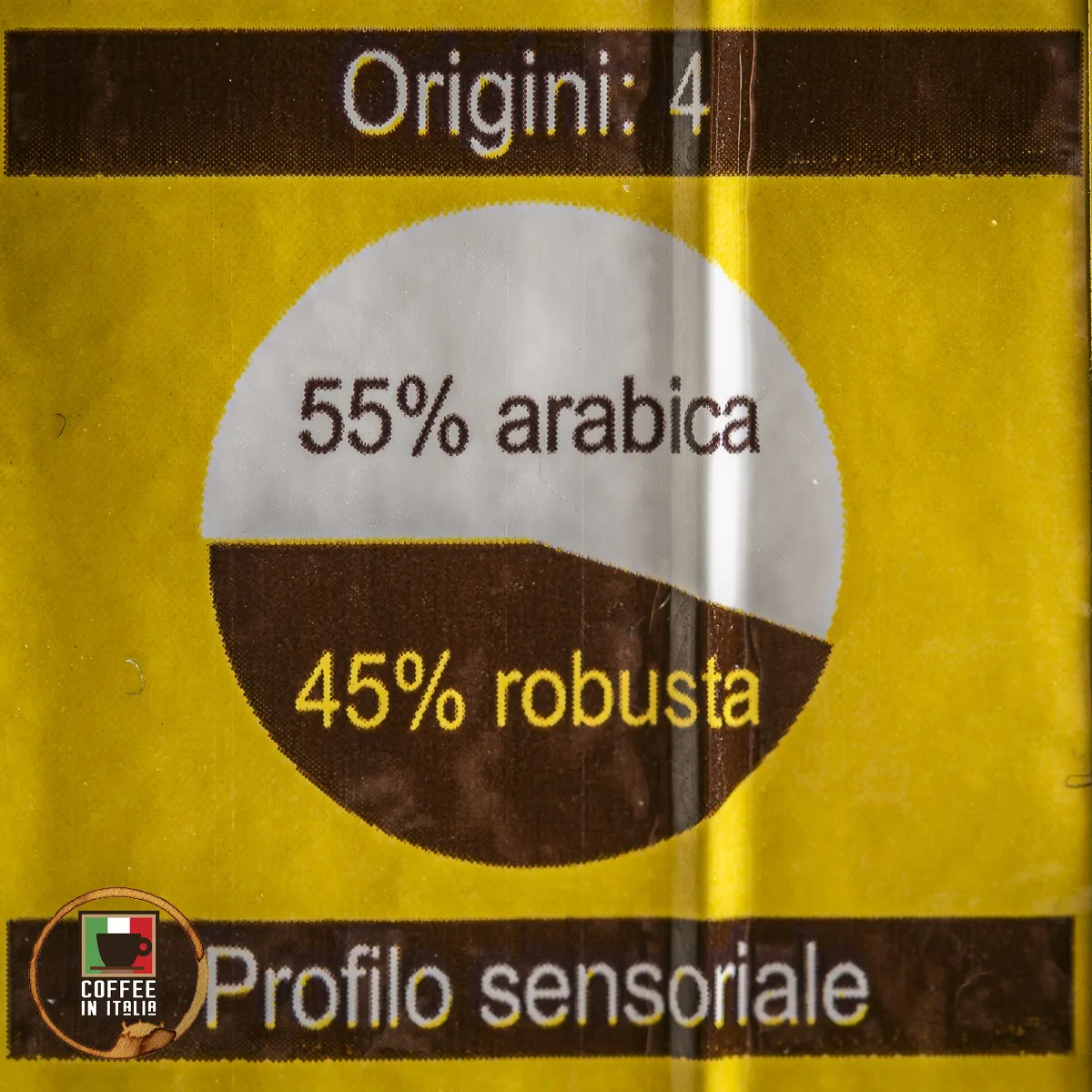
This has a definitively full bodied flavor that lingers for a while. This is a medium dark roast that really brings a great bitterness to the coffee. One difference from other southern coffees is that the finish, while pronounced, doesn’t have a “sweet” finish, but more of an understated calming of its bitterness.
Of course, when I mention the “sweetness”, I mean in the context of bitter coffee and not like having it with milk or sugar. There is no bitter chocolate finish, rather a gradual fading of the roasting flavors.
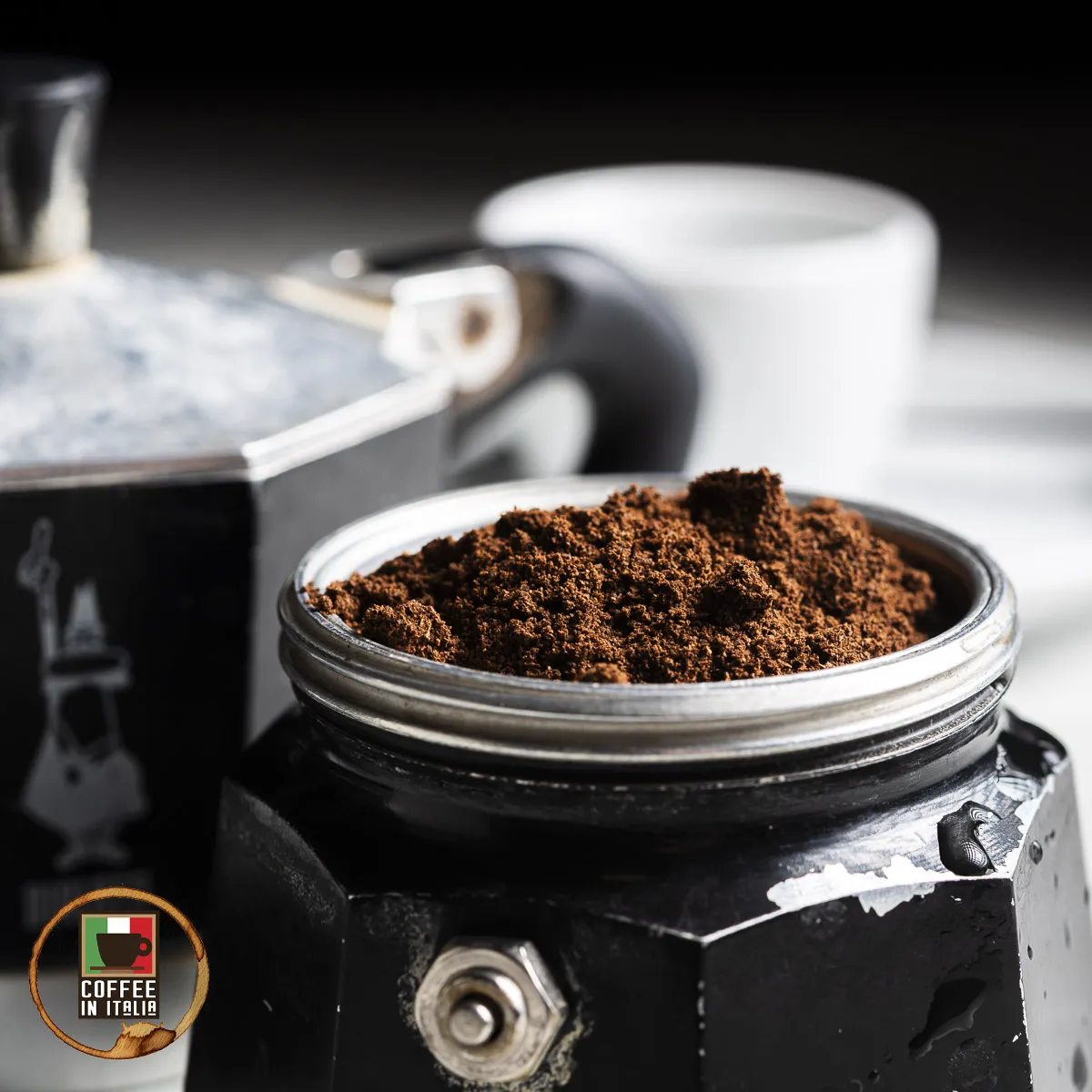
Best Brewing Methods For Passalacqua Mehari
Being a Neapolitan coffee, and roasted specifically for that community, it should come as no surprise that the recommended coffee makers are either a Moka or the traditional Neapolitan coffee maker known as a Cuccumella.
You can probably use a French Press with this grind of coffee and given the similarities a Cuccumella has to a drip coffee maker (i.e. gravity fed with no pressure) you can probably get a good cup from that as well. My recommendation, however, is to use your Moka.
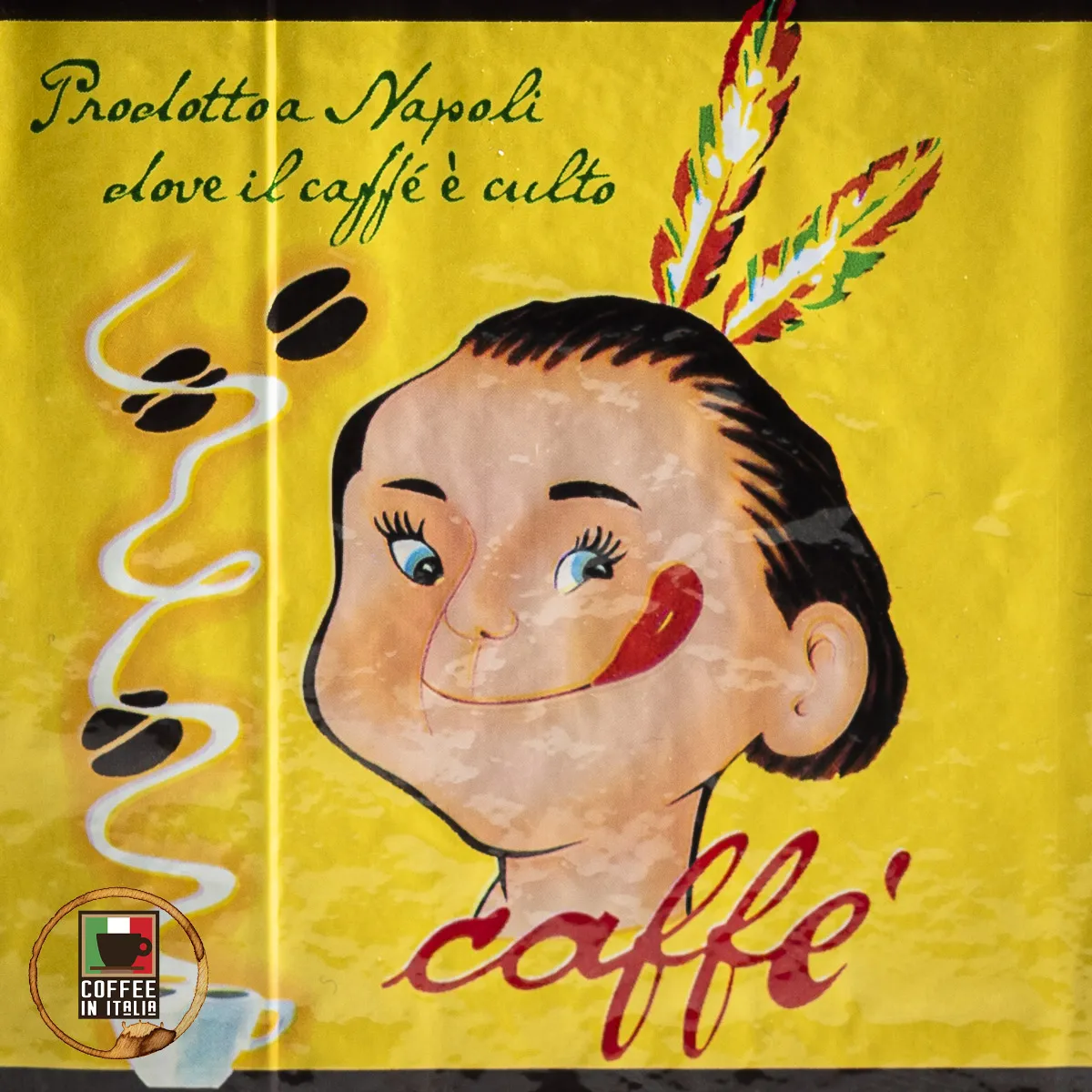
What About The Passalacqua Logo?
Ok, so I have to admit, I was surprised by the logo when I first saw it. Cartoonish versions of indigenous people have long been unacceptable in the US, even if intended as a tribute. In Italy, however, there is no such history to use as a guide in these matters, so I would say it is up to the individual to decide if the packaging turns you off from making a purchase.
There are other logos and flags that usually include people of African or Moorish backgrounds that I think could be viewed as even more offensive, given Italy’s history with Africa. In these instances, it’s my view that we shouldn’t layer our cultural values on top of that of another country’s, but the decision is yours.
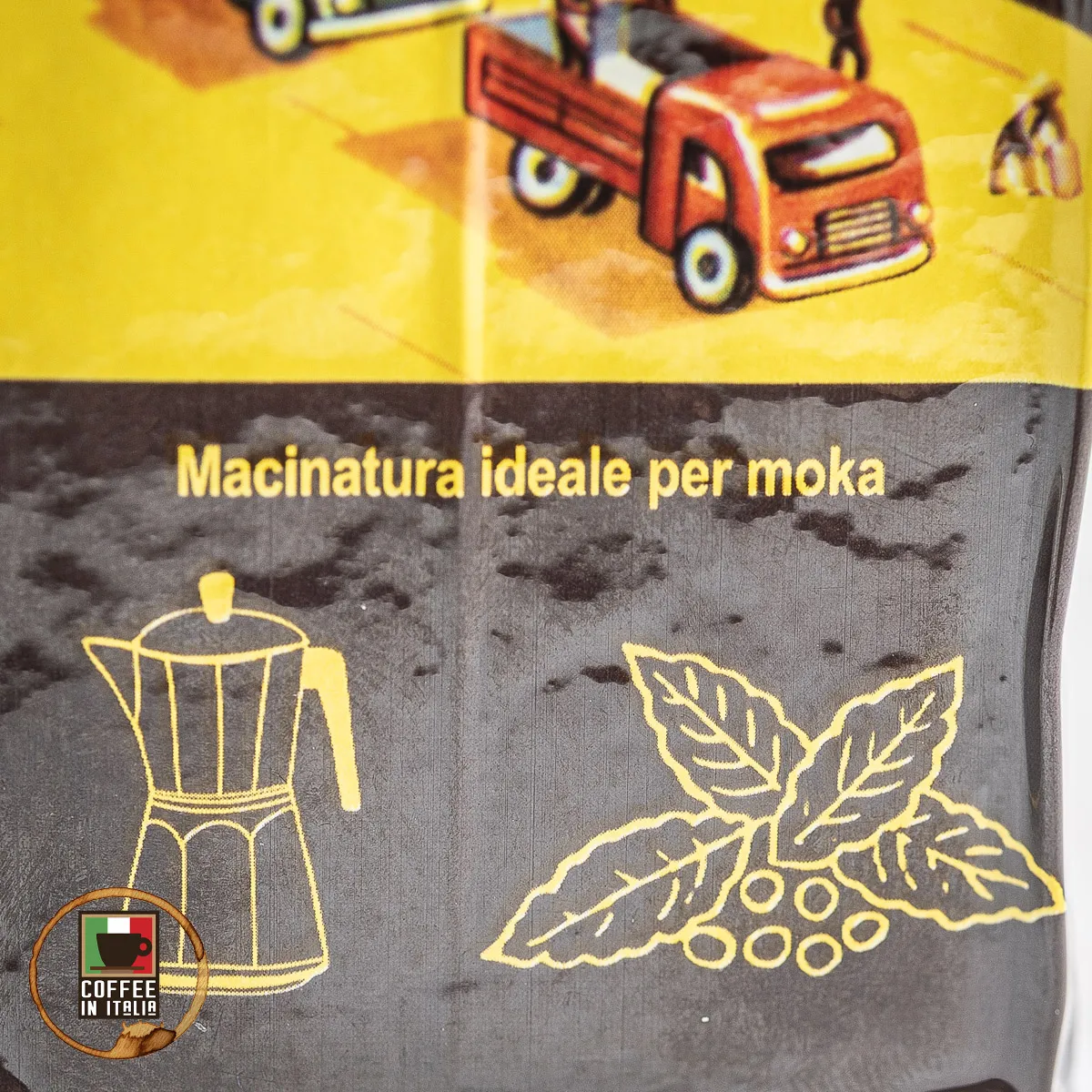
The Passalacqua Perspective
The company’s historical image is a little Indian licking his lips. The idea for the logo came to Samuele Passalacqua following an event that his son Biagio recounted in an interview with the monthly magazine Il Den:
“There was a little boy when my father Samuele was in the company, and every time the coffee arrived he did everything he could because he wanted to taste it. After much insistence he was satisfied with a drop of coffee that he liked very much. His expression of joy and that way of licking his lips struck my father who decided to make him the face of the company”
Biagio Passalacqua, Il Den, March 2008
The addition of feathers in the logo is a tribute to Mexico by the company.
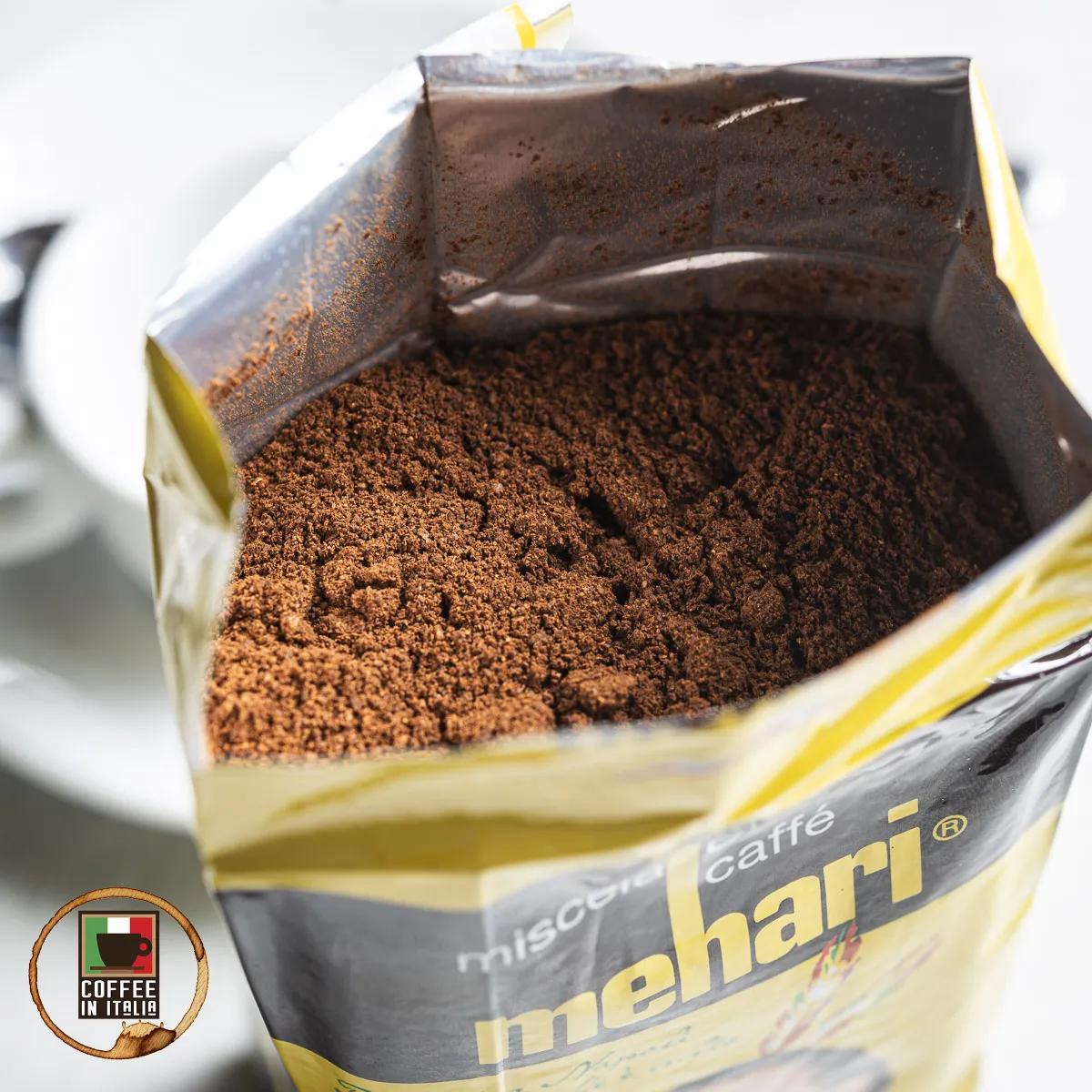
Coffee Price And Availability
This is a moderately priced coffee that you can find all around southern Italy’s grocery stores. Of course the actual price depends on which store you buy it from, but I would use €5 per 250g pack as a good starting point.
I was able to find Passalacqua coffee available on Amazon’s US store and more of it is available on the Italian version. The problem, if you’ve never ordered from Italian Amazon, is the shipping costs are substantial. It’s a great option if there are no others and it is important to you. However, I wouldn’t recommend these costs as a common practice.
Luckily for those in the US. I have found this coffee available at Harris Teeter and Kroger online. These sites seem to be sharing the same back-end system, and in both cases availability is questionable.
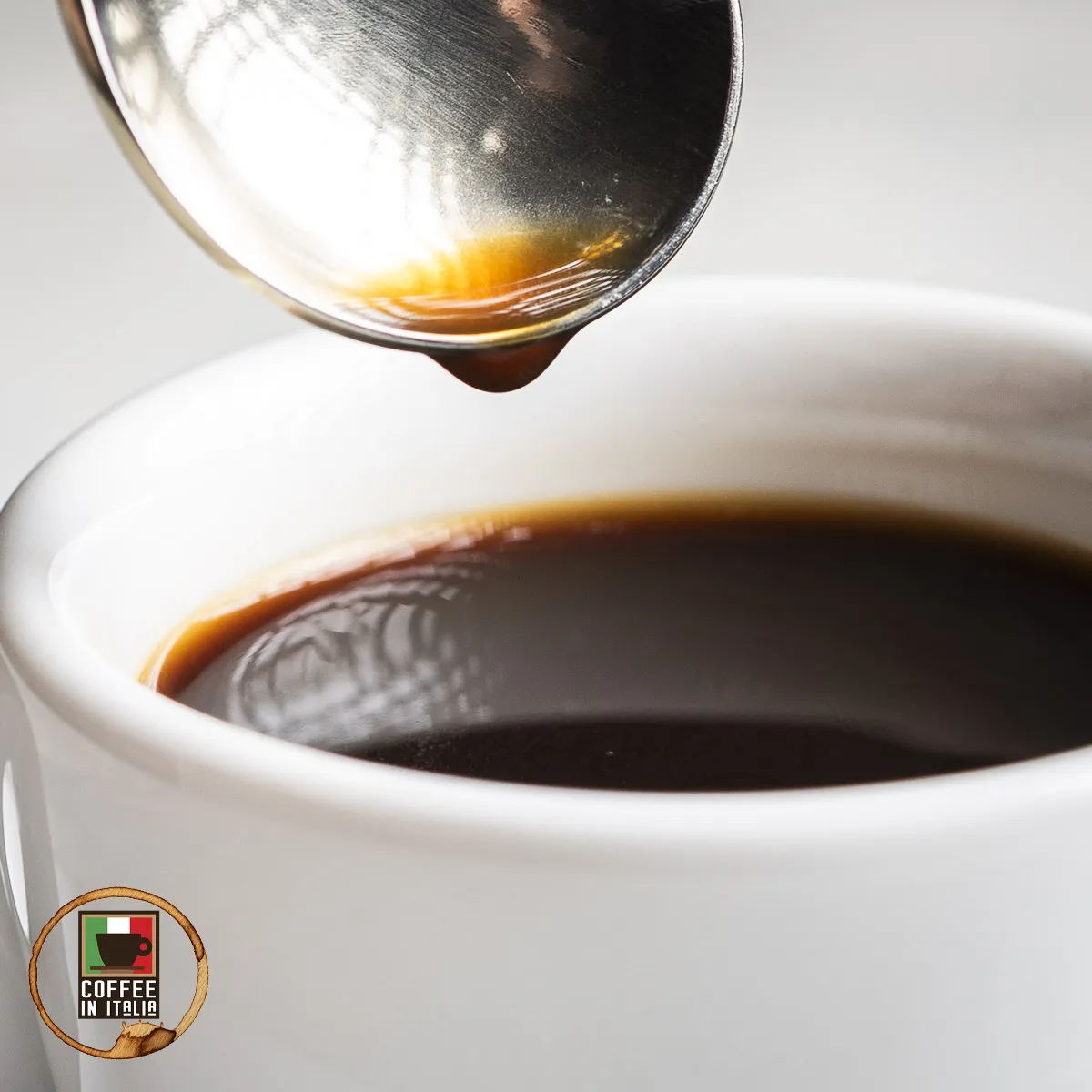
So, Is Passalacqua Mehari A Good Choice?
If you are familiar with my favorite coffees, it probably isn’t a surprise that I like Passalacqua quite a bit. The full bitterness is something I love and I believe it pairs best with a sweet pastry in the morning.
This style is definitely Neapolitan and its popularity isn’t much of a surprise. I highly recommend this coffee, despite the logo, and I hope you can give it a try.
More Italian Coffee Experiences
If you enjoyed this Passalacqua Mehari coffee review and are interested in learning more about various Italian coffees and the culture that embraces it, you should check out some of our other posts:
- My Danesi Coffee Review Highlights The Best Coffee In Rome.
- Danesi Gold Review Of Another Roman Delight To Wake Up To.
- Let My Pellini Coffee Review Be Your Guide To Flavor.
- My Kimbo Coffee Review Celebrates The Best Coffee In Italy.
- Are Sant’Eustachio Coffee Beans Worth A Taste In Rome?
- illy India Coffee Will Start Your Morning With Flavor.
- Our Caffè San Giusto Review Will Have You Flying To Trieste.
- A Caffè Motta Review – Another Coffee Favorite From Naples.
- Battista Coffee In Puglia Roast Coffee You Need To Try.
- Review: Caffè Kosè By Kimbo Is A Delicious Surprise.

